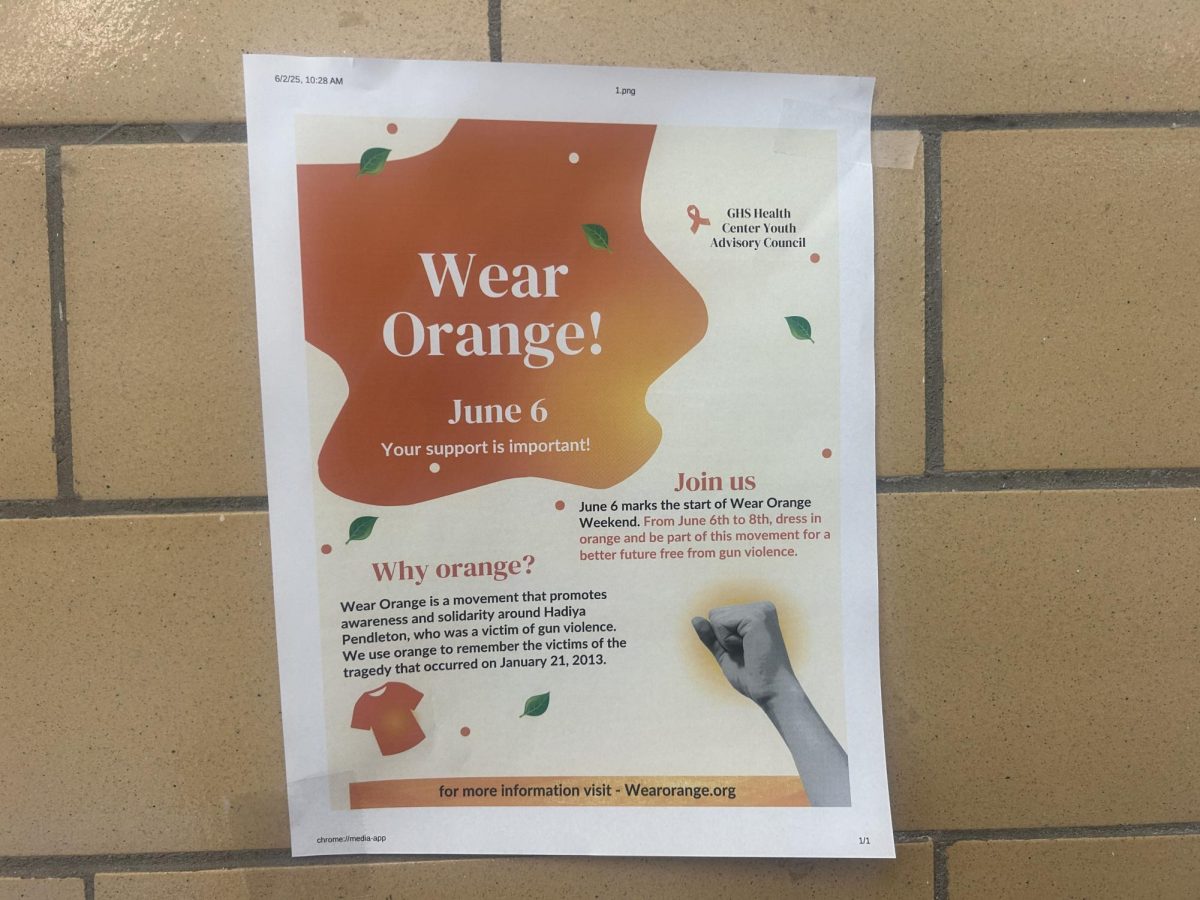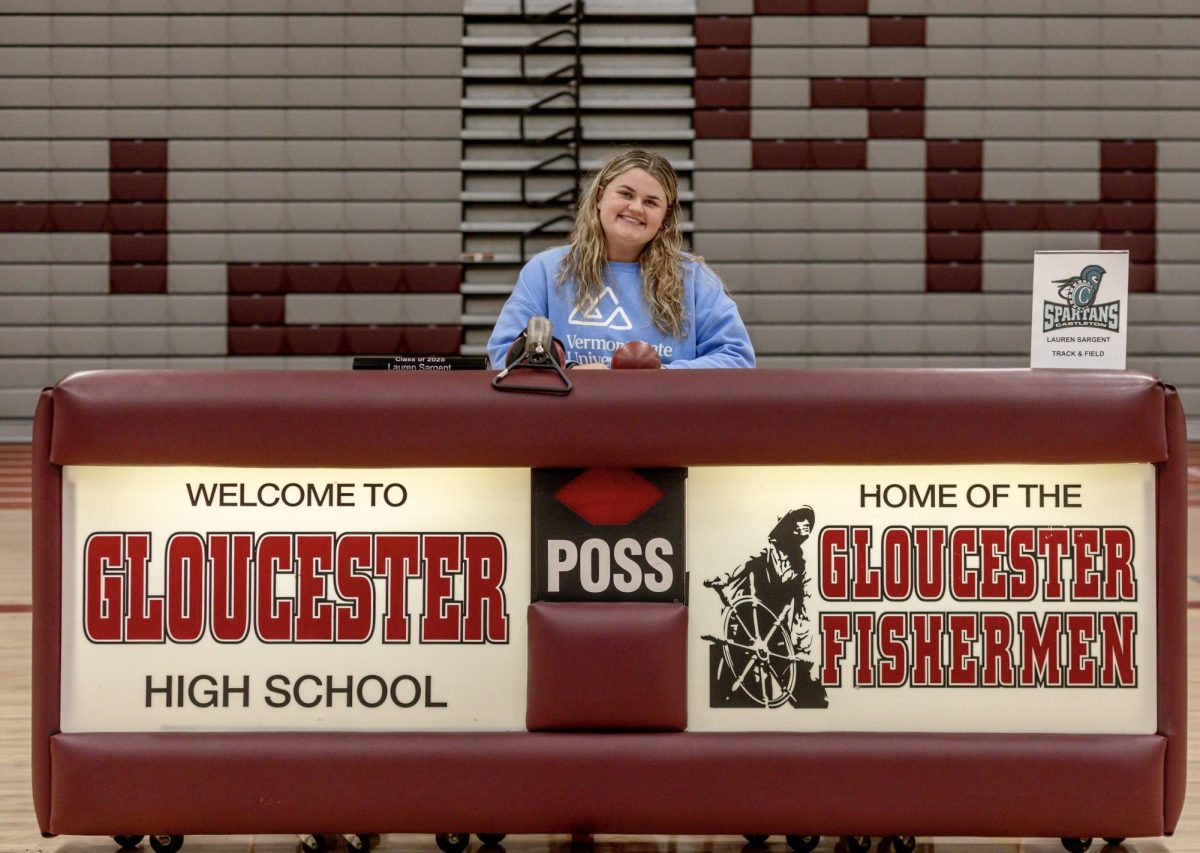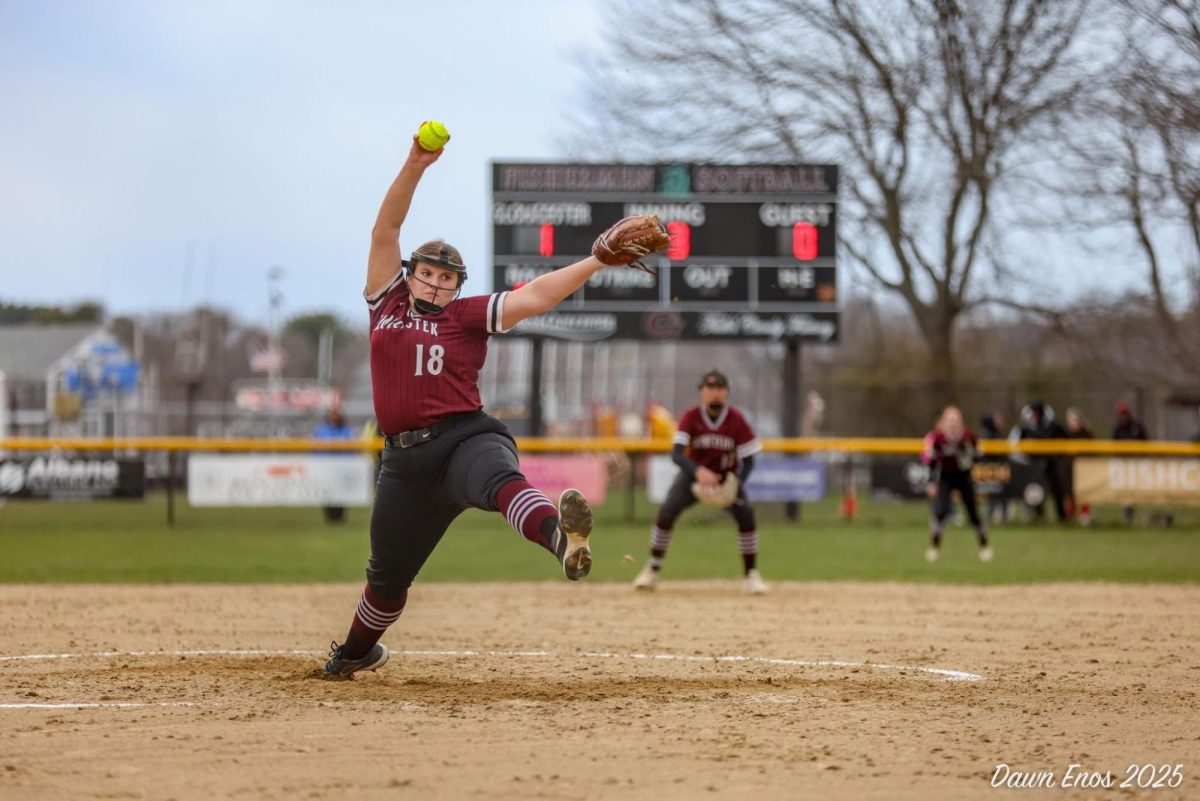Your Massachusetts 2018 Ballot Questions explained
October 25, 2018
Massachusetts state elections are approaching, and voters will be presented with three new ballot questions.
Question 1: this question deals with patient to nurse limits, and has been highly debated. The proposed law would set limits on how many patients a nurse is assigned to in Massachusetts hospitals. Proponents of the law say it will improve quality of care by establishing a “safe maximum limit” for the number of patients one nurse can have at a time. The number of patients to each nurse would vary by department. Those opposed to the law say it will lead to longer wait times, and increased health care costs, estimating state owned hospitals to spend about $67,800,000 to $74,800,000 annually to comply A violation of the quotas could be met with a fine up to $25,000. Each day of a facility’s non-compliance can be punishable with a civil penalty between $250 and $2,500.
A YES vote would place patient to nurse limits in hospitals and other health care facilities.
A NO vote would make no change in the current laws.
Question 2: this question deals with a commission on limiting election spending and corporate rights. The proposed law would create a committee to “consider and recommend potential amendments to the United States Constitution to establish that corporations do not have the same rights as humans”. The commission will be comprised of fifteen US citizens appointed by the Governor, Secretary of the Commonwealth, Attorney General, Speaker of the state House of Representatives, and the President of the state Senate. The members would be unpaid, and issue reports that consist of the impact of political spending in Massachusetts. As well as any limitation on the state’s ability to regulate corporations and other entities in light of Supreme Court decisions, recommendations for constitutional amendments, an analysis of constitutional amendments introduced to congress, and amendments to the US Constitution. The law would take effect on January 1st, 2019. The commission’s first statement would be due on December 31st, 2019.
A YES vote would create the commission to progress an amendment that will limit corporate spending in elections.
A NO vote would not create the commission.
Question 3: this question addresses the topic of transgender anti-discrimination. A bill put in place October 2016 has included gender identity in the list of prohibited terms of discrimination. The current law prohibits discrimination based on gender identity in places of public accommodation. It is also prohibits store managers from displaying signs that discriminate against gender-identity. People who support the bill argue that if the bill is kept in place, it will keep Massachusetts welcoming and fair. The Keep MA Safe campaign is the major opposition of question three. They argue that the law currently in place reduces the public safety of women and children. There have been no reports of an increase in public safety incidents, as the opposition claims will happen.
A YES vote would uphold the current law, protecting transgender citizens in public areas.
A NO vote would repeal the current law.































